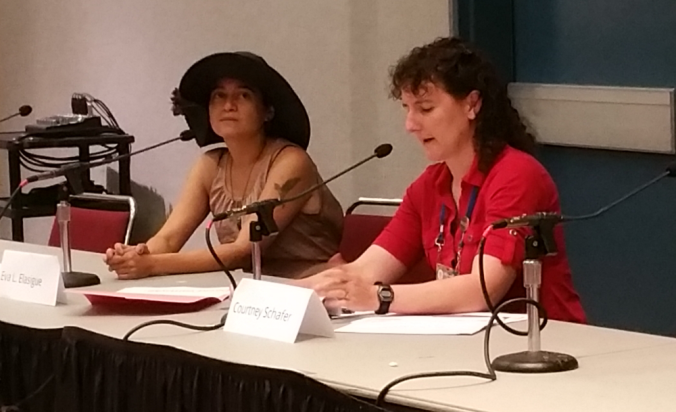Download links for: Evangelii gaudium: Esortazione apostolica sulla conclusione dell’Anno della fede


Reviews (see all)
Write review
First apostolic exhortation written solely by Pope Francis. He is, and will be, a historic pope.
Interesting overview by Pope Francis
Preprepredobra stvar!!!
Other books by Nonfiction
Other books by Pope Francis
Related articles












